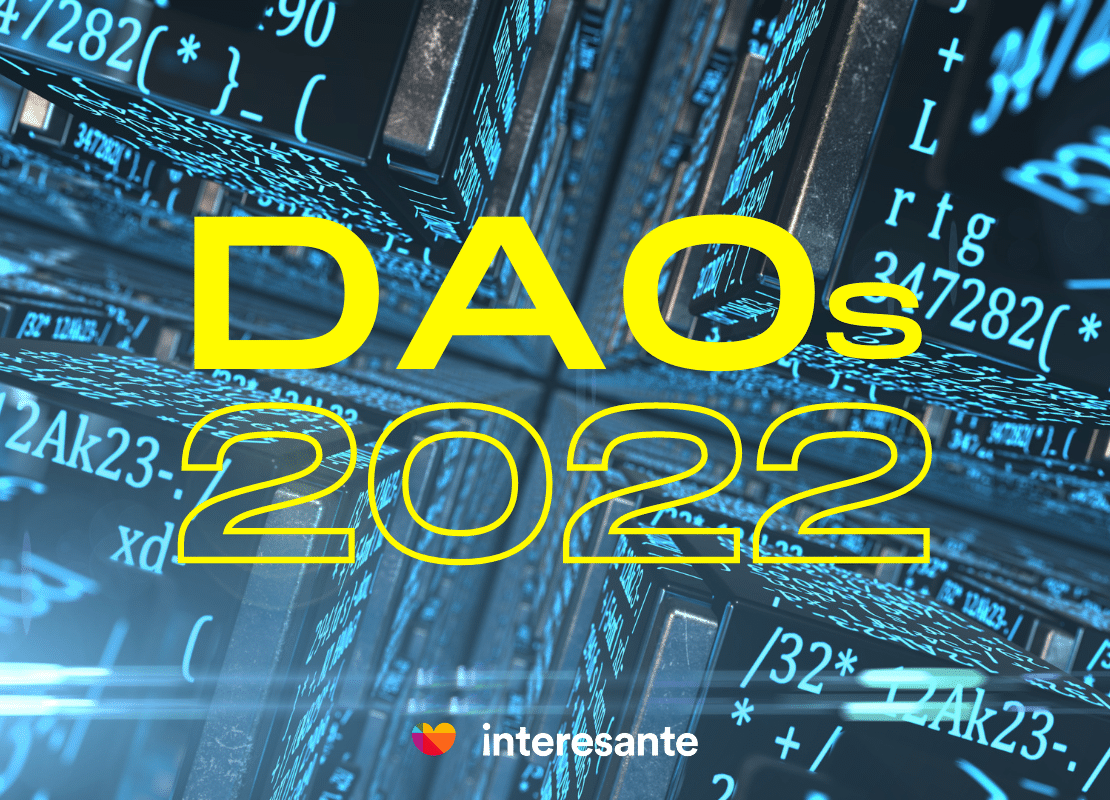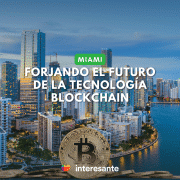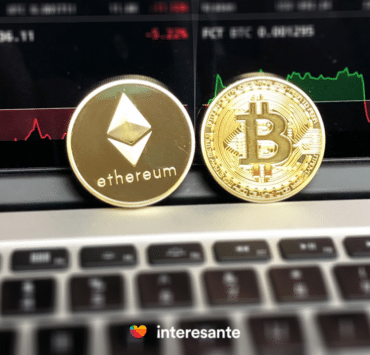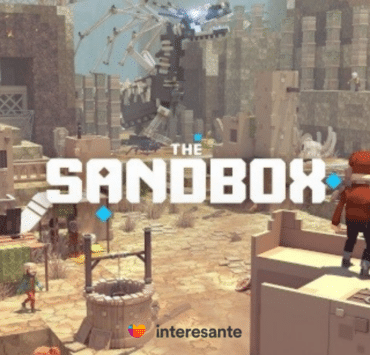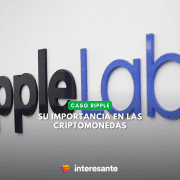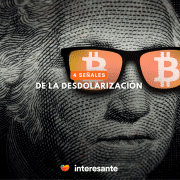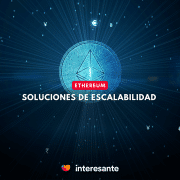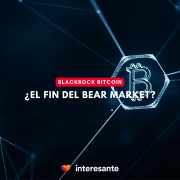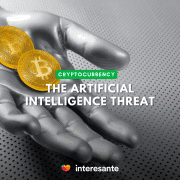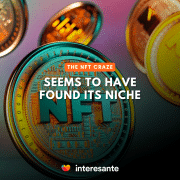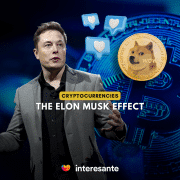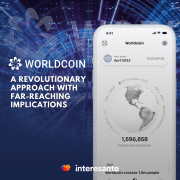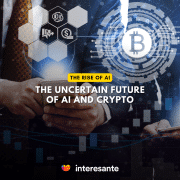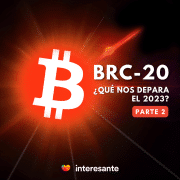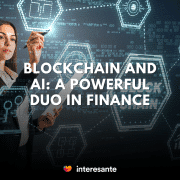AI Product Developer
Decentralized Autonomous Organizations (DAOs) will completely change the internet’s labor, social, political, economic, and technological structures. These entities will organize the digital spaces of the new internet, Web 3.0.
What Is a DAO?
A Decentralized Autonomous Organization (DAO) is an entity without central leadership. These organizations are communities organized around a specific set of rules managed by a blockchain.
DAOs are internet-native organizations managed collectively by their members. These have built-in treasuries on their platform that can be accessed under their members’ approval. These decisions are made through proposals in which each community member votes at a specific time.
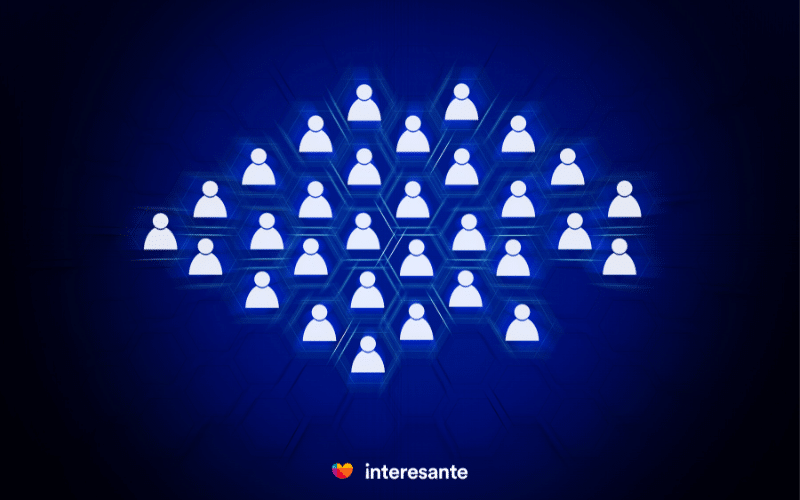
How Does a DAO Work?
DAOs make their decisions on various proposals through community votes. Generally, to be part of a DAO and vote on these proposals, members have to have some token that gives them the power to vote. These can be both fungible tokens and non-fungible tokens (NFTs).
Those managed through NFTs are the first applications that show how these digital goods build the new Web 3.0 through decentralized societies.
DAOs operate through smart contracts on blockchains such as Ethereum, Terra, Fantom, Harmony, and Avalanche, establishing the entity’s rules. Those who belong to the DAO have voting rights and can influence the organization’s operations by deciding or creating governance proposals.
This model prevents DAOs from being flooded with unnecessary proposals since proposals are only approved once majority votes are in favor. How majority votes are decided depends on each DAO and the smart contracts involved.
DAOs are entirely autonomous and transparent as they are built on open-source blockchains. Therefore, anyone can observe the code under which the DAO works. Similarly, anyone can audit DAO treasuries because every transaction is stored on the blockchain.
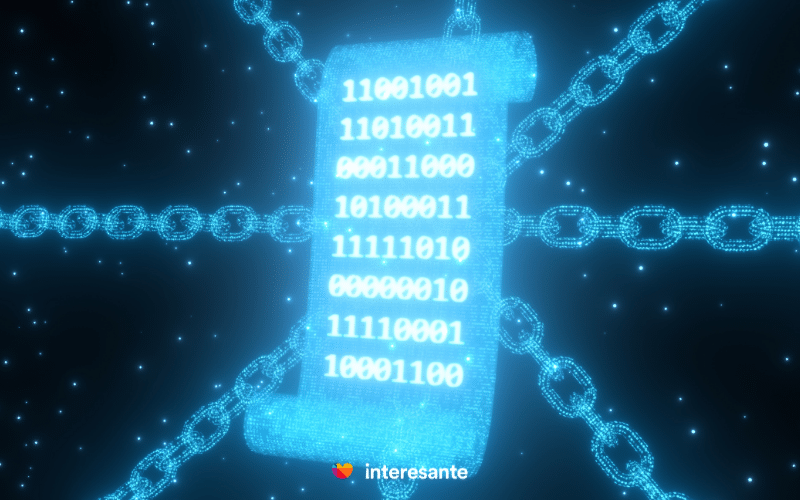
Creating a DAO
The creation of a DAO generally occurs in three steps. First of all, a smart contract is created. Various developers create smart contracts that govern the entire organization. These have to be meticulously developed, as the organization can only function under a set of rules limited by these contracts.
Secondly, DAOs need funding. These entities determine how to receive financing, generally through the sale of their cryptocurrencies. On the other hand, some DAOs are opting for NFTs as the governance token of the platform.
The advantage of using NFTs as governance tokens eliminates currency speculation. In that sense, the DAO is wholly made up of a community that wants to belong.
The last step to creating a DAO is to deploy the smart contracts on the blockchain. From this point, the community decides the organization’s future, and neither the creators of smart contracts nor any central authority has power over them.
Create your Decentralized Autonomous Organization on the DAODAO platform
DAODAO is a social blockchain launched in May 2022. On it, anyone can create their DAO, give it a name, indicate a milestone or fundraising reason, and add other details such as specific goals.
Although DeSo powers DAODAO, it supports significant cryptocurrencies: ETH, BTC, SOL, and USDC. It is even the first known DAO platform to offer support for the DOGE cryptocurrency token.
Nader Al-Naji, the founder of DeSo, commented that DAODAO was created by his team to provide a solution for creating and launching DAOs comfortably and at a low cost. Hence its name DAO, giving birth to new DAOs.
Why Are DAOs Important for Web 3.0?
Being internet-native organizations, DAOs have tremendous advantages over traditional organizations. For example, no trust is needed between the parties involved. Therefore, they are said to have a trustless quality. It does not mean that they are untrustworthy, but it is not necessary to consider whether or not they are trusted.
For example, traditional organizations require trust in the people behind the entity. Instead, with DAOs, smart contracts themselves assure you that confidence. It is much easier to trust code that is publicly available and which has been tested before being deployed on any blockchain.
These organizations are not governed by a hierarchical structure and can grow under a community’s decisions. The absence of a hierarchy means that any member can propose an innovative idea and be considered with the same weight within the DAO.
Based on the advantages of DAOs, Web 3.0 builds its decentralized organizations, moving further and further away from Web 2.0. The DAOs are the beginning of constructing the new internet and the new digital spaces.
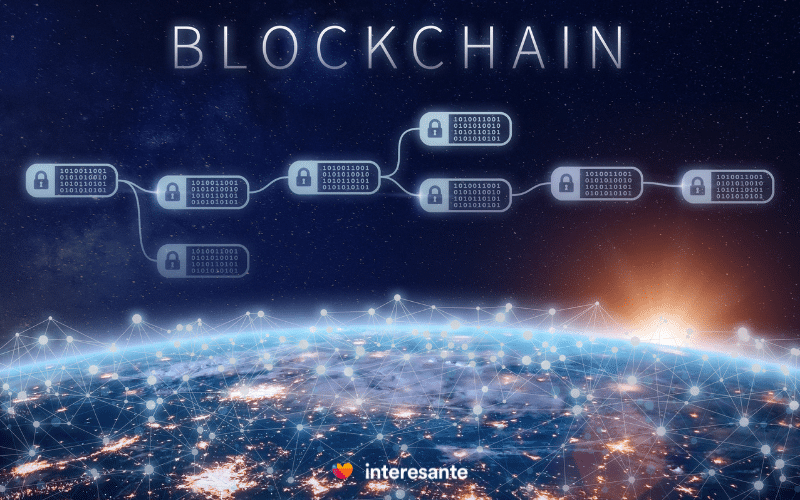
New Organizational Structures
The transparent way DAOs function plays a crucial role in community trust. DAOs allow all processes within the organization to run transparently, something never seen before. It is due to the public and immutable activity of the blockchain. A completely transparent community encourages collaboration in favor of competition and empowers individuals over their work.
DAOs have the potential to create new organizational structures where users are not passive participants in a platform, as in Web 2.0. With DAOs, users actively participate in owning a network with trust and coordination. This distribution of power and culture creates more agility, resilience, and anti-fragility that helps create a community just as big and powerful as centralized corporations.
DAOs Examples
As more and more DAOs are created, it will be impossible to classify them. It would be equivalent to categorizing the types of companies around the world. However, they are classified into those oriented toward technology and those with a social focus in general terms.
Technology-oriented DAOs tend to focus on building spaces in the world of cryptocurrencies and interact directly with the blockchain. Some examples of these are The DAO, crowdfunding based on the Ethereum blockchain, and Uniswap, an ecosystem where you can earn and trade cryptocurrencies.
Social DAOs exist to create communities whose members interact with each other through tokens but involve the blockchain as little as possible. Among these types of DAOs is FWB (Friends with Benefits), where artists, thinkers, and creators can interact through the $FWB token. Its name, which in Spanish means «friends with benefits,» is a play on words to allude to a closed and decentralized economy in which everyone benefits from each other.
The Sandbox is another example that works similarly with your SAND token. By 2023 it is planned that it will function entirely as DAO. However, its operation is completely based on game creation, so it would be like a hybrid DAO.
The difference between DAOs is blurry due to their rapid growth, but we can mention these categories according to their functions:
- Protocol creation
- Social
- Investment
- Grants
- Services
- Multimedia
- Collectors
- Creators
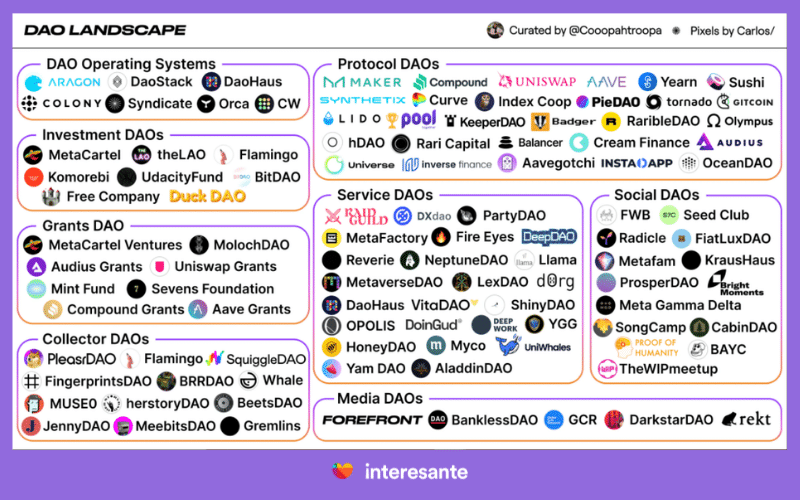
Disadvantages of DAOs
Although DAOs remove central entities and hierarchical structures from an organization, they have drawbacks. Being entities utterly native to the internet, which go hand in hand with blockchains, they are still new alternatives that have not been tested over time. Most DAOs are not more than 4 or 5 years old, so there are still doubts regarding their legality, security, and structure.
Some skeptics believe that DAOs are a terrible idea since they assume that trusting a community with critical financial decisions will not have positive results.
On the other hand, DAOs, being native to the internet, do not adhere to any jurisdiction, and there is no legal framework to regulate them. In this way, if there were legal issues, it would not be effortless to resolve them due to the numerous laws the community would have to adhere to. For example, in 2017, the SEC determined that The DAO (the first DAO deployed on the Ethereum network) was selling a financial asset in a token without authorization.
DAOs in 2022
The most exciting thing about DAOs is that this entity is just maturing, and its real potential is yet to be seen. Although new technologies always surprise us in how they interact with society, it is crucial to consider the future they entail. When it comes to DAOs, it is clear that they will completely change the concepts of property, creativity, and how society organizes.
There is, in many cases, the fear of new automated technologies and how they will replace many of today’s jobs. Although this may be a reality, DAOs will create hundreds of new industries, thousands of new organizations, and millions of jobs that did not exist before.
DAOs imply a paradigm shift concerning traditional companies because they can be global instantly. You can contribute without the permission of any entity, and problems when it comes to contracts, interviews, and salaries are minimized.
With the help of blockchains, DAOs offer protection of rights and access to a transparent financial system without borders. Instead of a company, few or many will find themselves in the future working for a DAO, an ever-changing dynamic space of the digital space that the internet engulfs.
Spanish version: ¿Qué son las DAOs?
